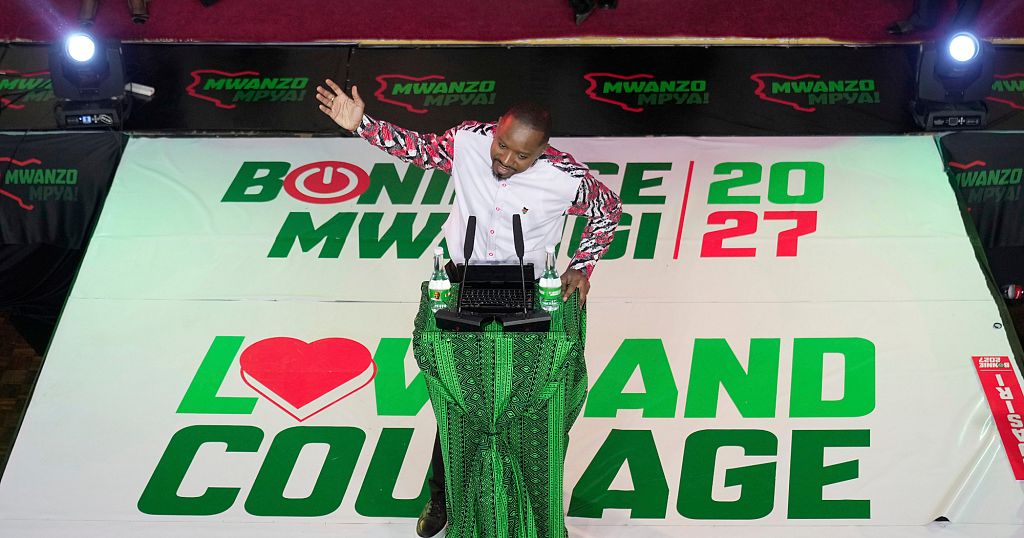Kenyan social justice campaigner Boniface Mwangi has announced his intention to run for president in the 2027 elections. This development comes amidst ongoing protests against the government of President William Ruto, which have resulted in the deaths of over 100 people since June last year. Mwangi, a vocal critic of the government and a prominent figure in the fight against corruption and police brutality, has faced numerous challenges, including tear gas and jail time, for his activism.
The 42-year-old’s decision to enter the presidential race will be closely watched, as it seeks to capitalize on the popular support for the protests, which have been led by young Kenyans. Rights groups have condemned the government’s response to the protests, criticizing the use of terrorism charges against demonstrators and highlighting instances of police brutality. Mwangi’s candidacy is expected to test whether the momentum from the protests can be translated into an electoral movement.
In announcing his candidacy, Mwangi described Kenya as “broken and in danger of becoming a failed state.” He pledged to prioritize the welfare of ordinary Kenyans, promising to arrest corrupt politicians and establish a “new Kenya” founded on democratic values, justice, and equity. Mwangi emphasized the need for leaders who can transform the aspirations of Kenyans into workable policies.
The 2027 presidential election is still over two years away, but several contenders, including incumbent President Ruto, have already declared their intention to run. Mwangi’s candidacy will need to be cleared by the Independent Electoral Boundaries Commission before he can officially participate in the election. As the electoral landscape continues to take shape, Mwangi’s entry into the race is likely to be seen as a significant development, given his reputation as a fierce critic of the government and a champion of social justice.
The protests against President Ruto’s government have been driven by concerns over corruption, police violence, and economic inequality. Mwangi’s campaign is likely to focus on these issues, as he seeks to mobilize support from Kenyans who are dissatisfied with the current state of affairs. With the election still some time away, it remains to be seen how Mwangi’s candidacy will be received by the electorate and how it will impact the broader political landscape in Kenya.
